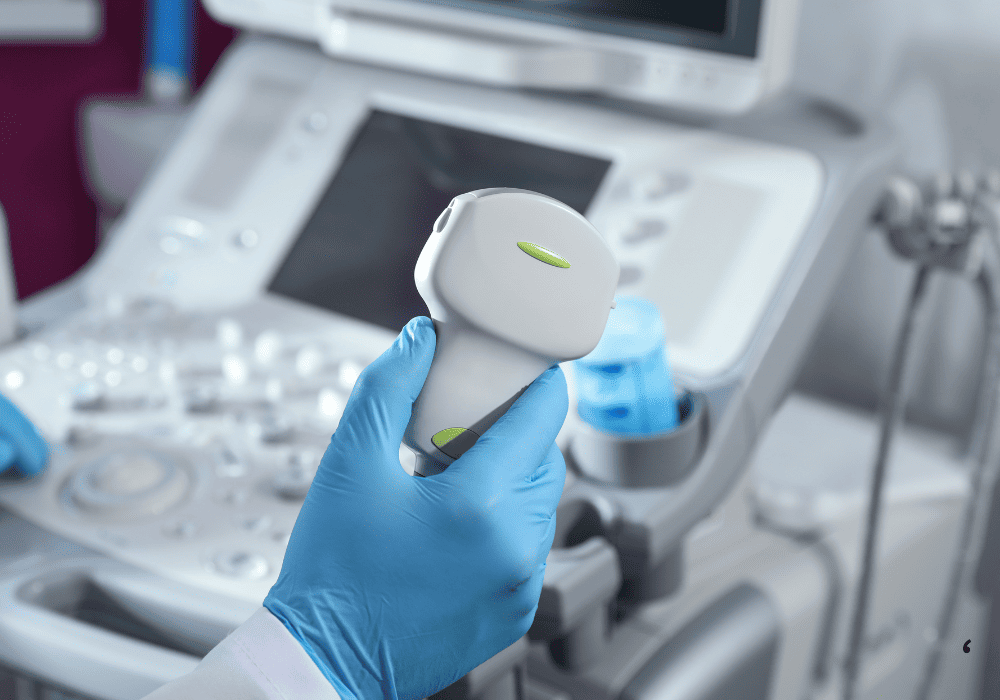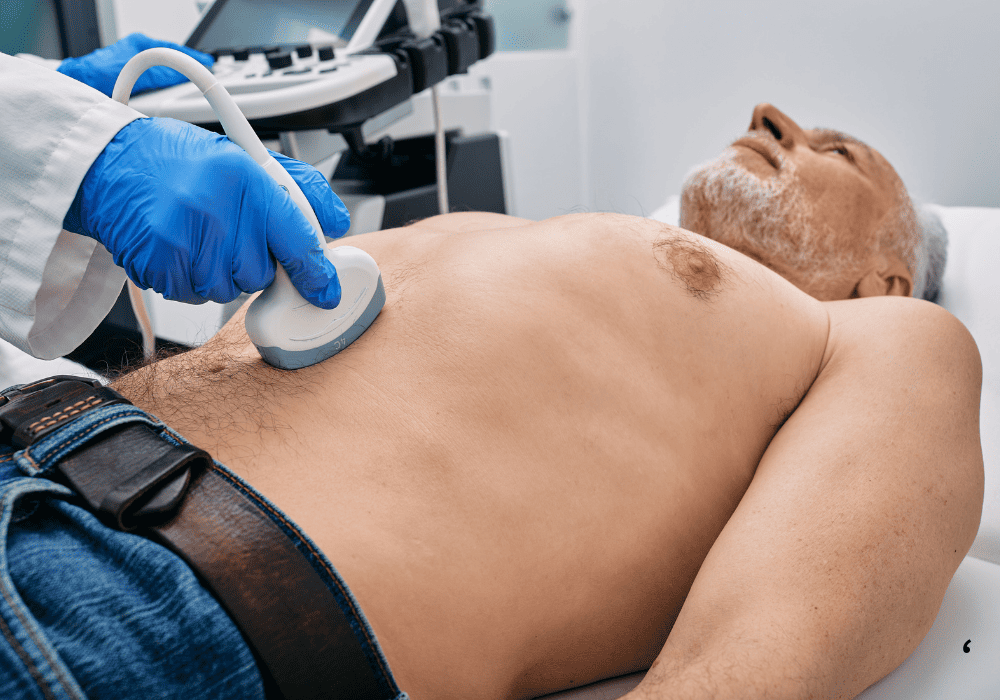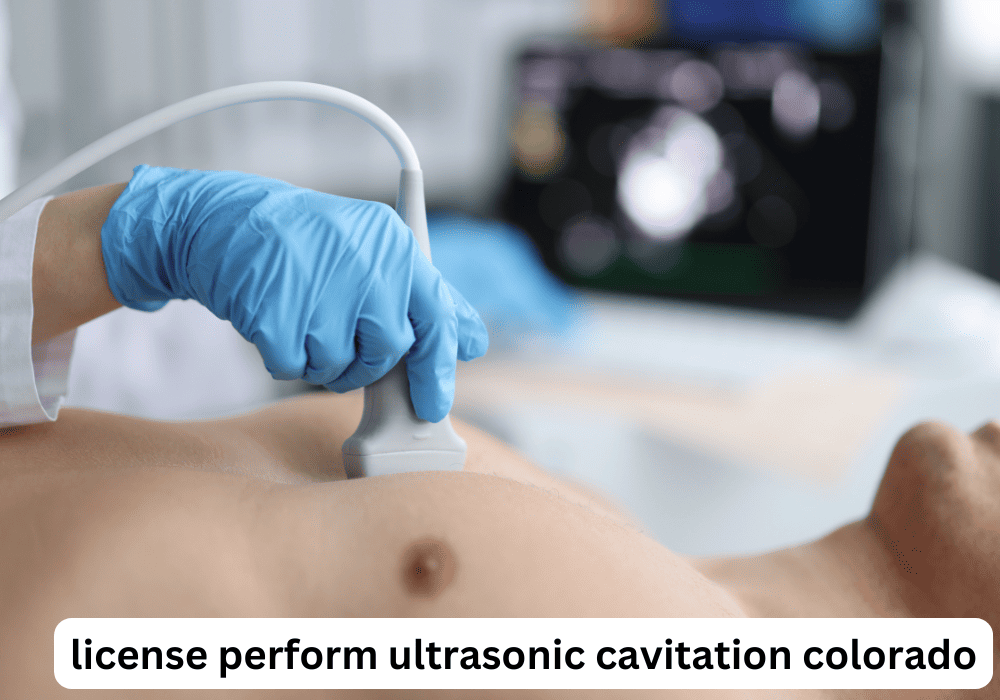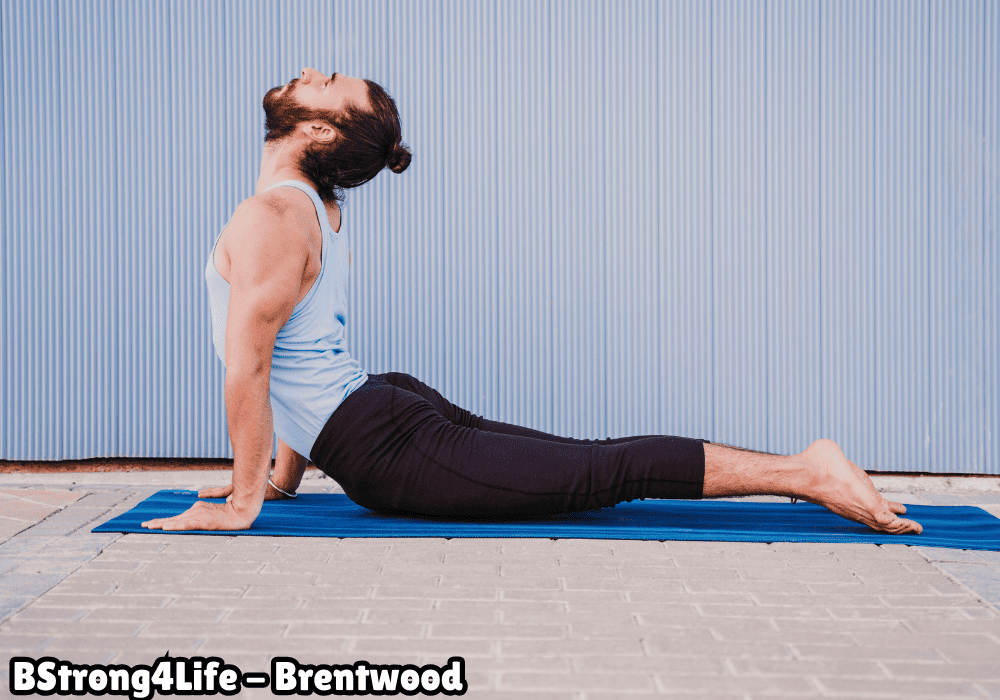Table of Contents
Hey there! If you’re in the world of beauty and wellness, you might have come across the term ultrasonic cavitation, and wondered about the requirements to perform it in Colorado. With non-invasive body sculpting treatments like ultrasonic cavitation becoming increasingly popular, it’s crucial for practitioners to know what certifications or licenses are required. After all, not only does it ensure compliance with state regulations, but it also builds trust with your clients when they know they’re in capable, licensed hands.
This guide will take you through everything you need to know about obtaining a License Perform Ultrasonic Cavitation Colorado, from the basic understanding of what ultrasonic cavitation is, to state-specific licensing requirements, best practices, and the legal considerations you should be aware of.
Whether you’re an aspiring practitioner or a seasoned professional looking to expand your skillset, this article will provide the key information you need to make sure you’re operating within the law while providing safe and effective treatments. So, let’s get started!
What is Ultrasonic Cavitation?
Before diving into the licensing requirements, it’s important to have a clear understanding of what ultrasonic cavitation is and how it works. Ultrasonic cavitation is a non-invasive cosmetic procedure that uses low-frequency ultrasound waves to break down fat cells beneath the skin. The treatment is particularly popular for body contouring, as it helps reduce localized fat without the need for surgery.
How Does Ultrasonic Cavitation Work?
The procedure involves using a handheld device that emits ultrasonic waves to create pressure on fat cells. These fat cells are broken down into liquid form, which is then processed by the body’s lymphatic system and eventually expelled as waste. This method is primarily used for targeting areas like the abdomen, thighs, love handles, and upper arms.
It’s an attractive option for clients seeking a non-surgical alternative to liposuction because it’s painless, requires no downtime, and provides noticeable results after just a few sessions.
Why Is Licensing Important for Ultrasonic Cavitation in Colorado?

When performing a procedure like ultrasonic cavitation, having the appropriate training and a license is essential, especially when operating in a state like Colorado. Licensing ensures that practitioners understand the nuances of the procedure, adhere to safety standards, and are compliant with local regulations.
The Importance of Client Safety
Ultrasonic cavitation may be a non-invasive procedure, but it still involves technology that affects the body. If not performed correctly, it can lead to side effects such as burns, bruising, or damage to underlying tissues. Licensing and training provide the necessary education to avoid these risks and ensure that the procedure is carried out safely.
Legal Compliance
Practitioners in Colorado need to be aware of the laws that govern cosmetic procedures in the state. In some areas, there may be restrictions on who can perform ultrasonic cavitation, with guidelines regarding education, certification, and the environment in which the procedures can take place. By obtaining a license, you’re making sure that you meet Colorado’s legal requirements and are protecting yourself and your business from liability.
Do You Need a License Perform Ultrasonic Cavitation Colorado?
The short answer is yes—you need a License Perform Ultrasonic Cavitation Colorado. However, the type of license or certification required can vary based on specific regulations in the state, the county, and even the city where you plan to offer services. Let’s break it down.
Licensing Requirements by the State of Colorado
In Colorado, cosmetic procedures such as ultrasonic cavitation are regulated under the guidelines that apply to esthetic and medical practices. The Colorado Department of Regulatory Agencies (DORA) oversees these industries, and they often require practitioners to have either an esthetician license, a medical license, or certification in specialized treatments like ultrasonic cavitation.
- Esthetician License: In Colorado, licensed estheticians are often permitted to perform non-invasive cosmetic treatments such as ultrasonic cavitation. However, it’s important to verify the exact scope of practice allowed under your license, as regulations can differ based on local county rules.
- Medical Professional License: Some regions in Colorado may require ultrasonic cavitation to be performed under the supervision of a medical professional, such as a doctor or a registered nurse. This is particularly the case if the procedure is being offered in a medical spa or clinical environment.
- Specialized Certification: Even if you are a licensed esthetician or a medical professional, you may need additional specialized training or certification in ultrasonic cavitation to legally perform the procedure. Many training programs offer specific courses that cover the theory, practice, and safety of ultrasonic cavitation, along with hands-on experience.
Local Regulations and Business Licensing
Aside from state requirements, it’s important to check with your local county or city in Colorado, as different areas may have varying requirements for offering cosmetic services. Additionally, if you’re opening your own practice, you’ll likely need a business license and may have to pass health and safety inspections to ensure that your facility meets all necessary standards.
Steps to Obtain a License Perform Ultrasonic Cavitation Colorado

Now that we understand the importance of licensing and some general requirements, let’s walk through the steps you should follow to become licensed to perform ultrasonic cavitation in Colorado.
1. Complete a Relevant Training Program
Before applying for a license, it’s essential to complete a recognized training program in esthetics, cosmetology, or a specialized course in ultrasonic cavitation. Many beauty schools and online platforms offer certification programs that teach the theory behind the technology, safety protocols, and hands-on application.
Look for programs that are accredited and provide certification upon completion, as this will be crucial for your licensing application.
2. Apply for an Esthetician or Cosmetologist License
If you’re not already a licensed esthetician, you’ll need to enroll in an esthetician or cosmetology school approved by the state of Colorado. These programs typically last between six months to a year, depending on whether you are studying full-time or part-time.
After completing the required coursework, you’ll need to pass a state licensing exam, which includes both a written and practical test. Once you’ve successfully passed, you can apply for an esthetician license through DORA.
3. Pursue Specialized Certification in Ultrasonic Cavitation
Even if you hold a general esthetician or cosmetology license, some local jurisdictions in Colorado may require you to undergo additional certification specifically in ultrasonic cavitation. Many advanced esthetic programs or private training centers offer this certification, and completing these courses will not only help you meet legal requirements but also ensure you understand the equipment and techniques involved.
Look for programs that provide hands-on training, as experience is key to mastering the procedure safely.
4. Verify Local Regulations
Once you have your state esthetician or cosmetology license and ultrasonic cavitation certification, the next step is to check local regulations. Contact your local city or county health department to ensure that you’re meeting all requirements to legally perform the procedure in your area.
5. Obtain Business Licenses and Insurance
If you plan to operate your own spa or wellness center, you’ll also need to apply for a business license in Colorado. This typically involves registering your business with the state, obtaining a tax ID, and applying for a local business license with your city or county.
It’s also essential to have professional liability insurance, which protects you in case of any legal claims related to your practice. Many insurance companies offer policies specifically designed for estheticians and beauty practitioners.
Best Practices for Performing Ultrasonic Cavitation
Once you’re licensed and certified to perform ultrasonic cavitation in Colorado, maintaining a high standard of care is crucial to providing safe and effective treatments.
1. Pre-Treatment Consultation
Before performing ultrasonic cavitation on a client, conduct a thorough consultation. This should include reviewing the client’s medical history, discussing their aesthetic goals, and ensuring they’re a good candidate for the procedure. Clients with certain health conditions (such as liver disease or severe obesity) may not be suitable for the treatment.
2. Maintain Equipment and Safety Standards
Regularly check and maintain your ultrasonic cavitation machine to ensure it’s in perfect working order. Clean and sterilize the equipment between sessions to prevent contamination, and follow manufacturer guidelines to guarantee safety.
3. Customize Treatment Plans
Not all clients will require the same approach. Customize the duration, intensity, and frequency of the ultrasonic cavitation treatments to suit each individual. Make sure to explain the process to the client and set realistic expectations about the results.
4. Post-Treatment Care
Educate your clients on post-treatment care, such as staying hydrated, maintaining a balanced diet, and engaging in light physical activity to aid the body’s natural processes in eliminating the broken-down fat. Proper aftercare can significantly enhance the effectiveness of the treatment.
Frequently Asked Questions About License Perform Ultrasonic Cavitation Colorado
1. Do I need a specific License Perform Ultrasonic Cavitation Colorado?
Yes, you generally need an esthetician or medical License Perform Ultrasonic Cavitation Colorado. Additionally, specialized training or certification in ultrasonic cavitation is often required to ensure proper understanding and safe practice.
2. How long does it take to get certified in ultrasonic cavitation?
The certification process for ultrasonic cavitation can vary, but most training programs take a few days to a few weeks to complete. Some programs offer intensive courses with hands-on experience to quickly prepare you for the procedure.
3. Can an esthetician perform ultrasonic cavitation in Colorado?
Yes, licensed estheticians in Colorado can perform ultrasonic cavitation, but they may need additional certification or training in the procedure, depending on local regulations.
4. What are the legal consequences of performing ultrasonic cavitation without a license in Colorado?
Performing ultrasonic cavitation without the required license or certification can lead to legal penalties, including fines, suspension of your business license, or even criminal charges. It’s important to comply with all state and local regulations.
5. How can I verify the licensing requirements in my Colorado city?
To verify the licensing requirements for performing ultrasonic cavitation in your city or county, contact your local health department or the Colorado Department of Regulatory Agencies (DORA) for detailed guidance.
In conclusion, obtaining a License Perform Ultrasonic Cavitation Colorado is a crucial step in ensuring that you can offer this popular body contouring treatment safely and legally. From completing relevant training to understanding local regulations and best practices, the process ensures that practitioners are well-prepared to provide high-quality, effective treatments. By following the steps outlined in this guide, you can confidently offer ultrasonic cavitation services and contribute to your clients’ wellness and aesthetic goals.



